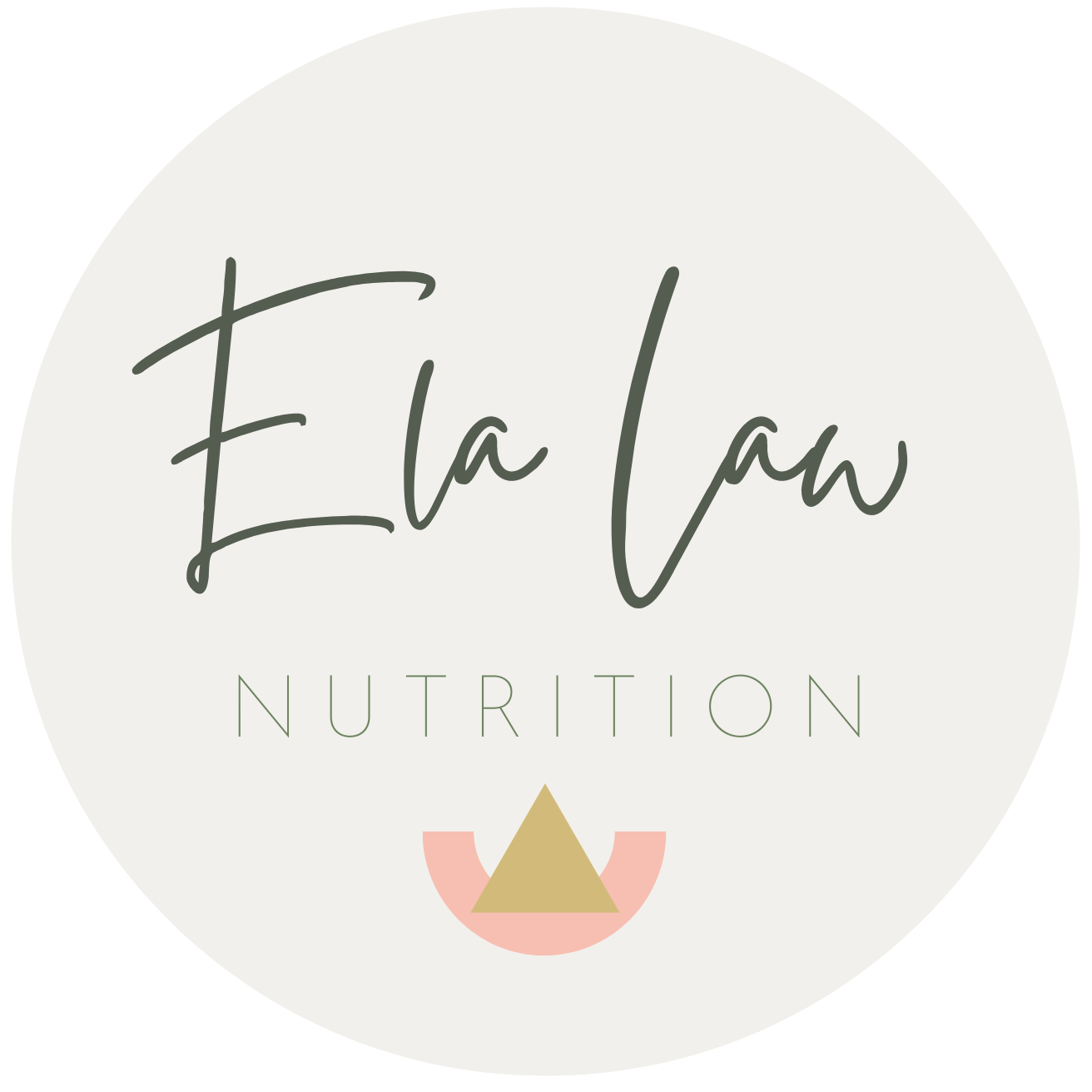I am scared my weight will just keep going up
How long does it take for your body to reset (if ever)?
The truthful answer is: no one can tell how long it will take for your body to settle and where that might be. Probably not what most people would like to hear…
It’s a lot more nuanced than that though – there are several things that will play into where your weight might settle and your weight gain.
In our culture that is so focussed on thinness, trying to promote a holistic approach to your mental and physical health that takes your weight out of the equation is a really tough gig! And I totally get it – we get complimented on losing weight, or for ‘trying’, we feel virtuous about it, we think we are doing this for our health.
Metabolism is an important player here. Our body wants to stay alive and wants to keep us safe. If we are in a calorie deficit (like in a diet or in a famine – remember that our body doesn’t know the difference!), it starts to become very efficient and gets by on less energy. It will always make sure that the things it needs to survive are covered (and that’s why reducing our energy intake can result in brain fog, mood swings or feeling knackered – the energy gets diverted to our life sustaining functions first!)
This isn’t necessarily a permanent thing, but it can become the norm for many people who have been yo-yo dieting. When we stop restricting we gain weight, and we often put on more than we had before, because our body feels safer at the higher weight. I have to repeat it - your body wants to keep you safe!
When you start intuitive eating, initially you may go through a phase where you eat a lot more – and maybe more than you need – simply because you have permission. This is a challenging phase – we want to give ourselves permission and enjoy food, but we also don’t want to gain weight. I’d say it is important here to revisit the first principle of IE – Reject the diet mentality: understanding that diets don’t work long term for most people and are one of the biggest predictors of weight gain. Whilst this can be a bitter pill to swallow for many, it is key to understand that even if you went on another diet to counteract the weight gain, you’d just be cycling through the diet cycle again.
When you come to a place where you accept that your body is not a static thing but something that changes all the time, you can start to trust that it will settle in a range that feels good. But that process can take a long time. Most people who have committed to intuitive eating will find a place where they can eat in a way that serves them in terms of nutrition, hunger/fullness, and satisfaction, and where eating isn’t an emotional crutch, or a ‘free-for-all’, guilt-inducing endeavour.
If you consistently eat more than your body needs, you will likely continue to gain weight, and finding out how much your body needs is tricky if you have never really listened to it. Often the reason we eat more than we need is because we are still in a restrictive mindset.
So two important things you may wish to explore here are:
- Why is weight gain so scary for you? If you were eating and moving in a way that is nourishing and health-enhancing on all levels, without taking weight into the equation, would that be enough? If not, can you think of reasons why?
- Where can you focus your attention more – are you attuned to your internal signals? Are you using food for emotional reasons? Are you giving yourself pseudo-permission and therefore mentally or emotionally restricting food?
Also bear in mind that our bodies are meant to change – as we get older we are more likely to gain weight – again, it’s a safety mechanism and a product of slowing down somewhat. It’s not a bad or ‘unhealthy’ thing. Other things that may affect our weight are medication, medical/health conditions, hormones, genetics, predisposition to a certain body shape/weight, and, as previously mentioned, your history of dieting.
Here is a super interesting and educational podcast I highly recommend if you want a bit more detail on set point weight range theory and how to deal with weight gain - https://podcasts.apple.com/gb/podcast/how-to-find-your-set-point-weight/id1561021438?i=1000614253075
This is just a snapshot and there can be A LOT to unpack here once you start digging, so please reach out if you would like to work through this together.



